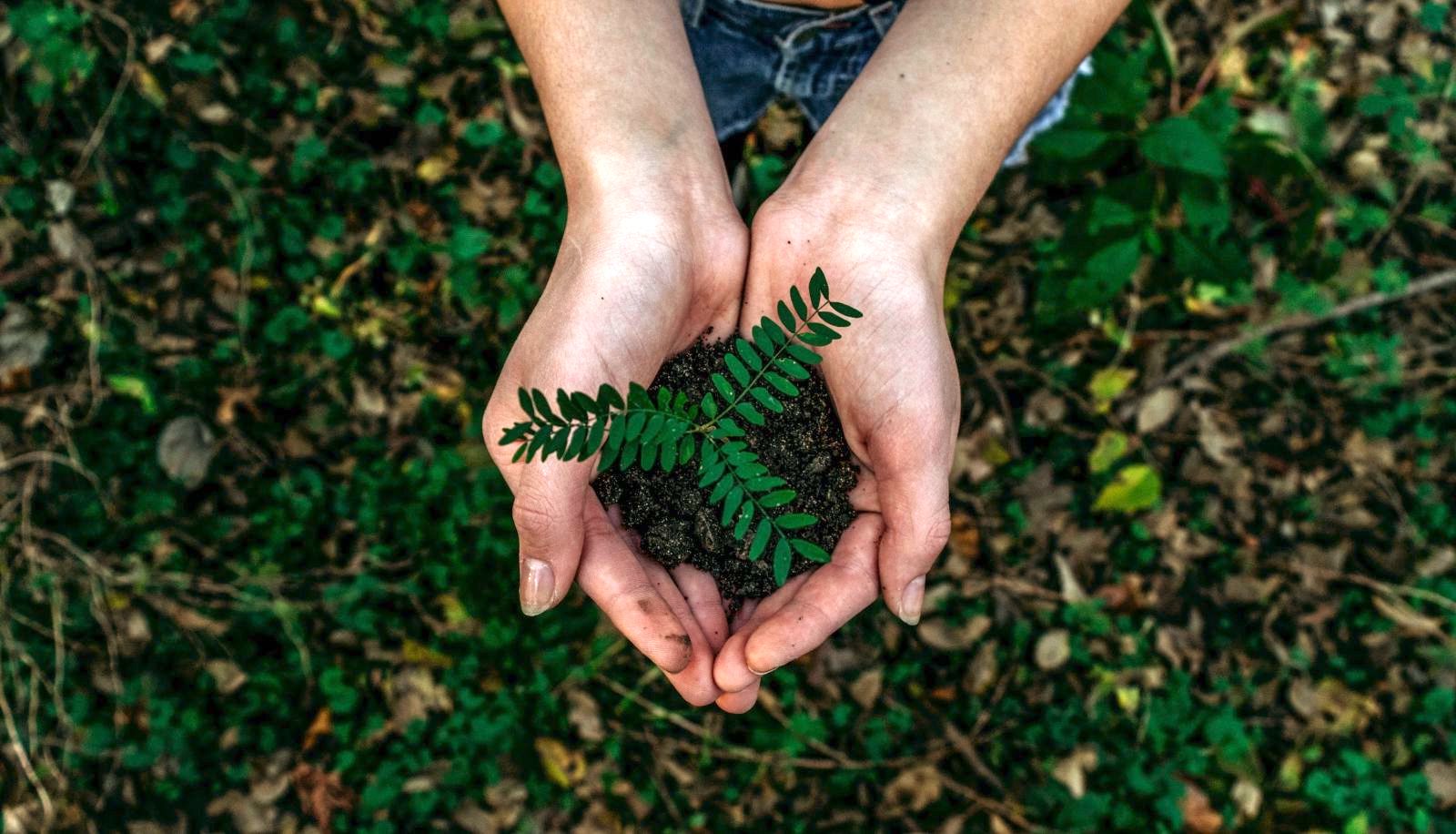
By Brant Mills
Rev. Kate Flint from St. Paul’s UMC in Houston says in a world grappling with environmental challenges, churches can play a vital role in ecological stewardship. She shares insights on how they embarked on this journey, emphasizing the importance of their Green Team fueled by passionate individuals, both laity and clergy leadership.
She stresses the long-term impact of teachings on future generations, pointing out that children exposed to eco-conscious practices are likely to carry them into adulthood. “I remember my mom was in garden club around 1990 and they started a recycling program. The garden club ladies drove around the neighborhood in mini vans and took items to be recycled. I remember seeing my mom doing that and it really affected me… When we think about what values we’re teaching – this is important.”
Rev. Flint says the first crucial step involves identifying the reasons for embracing environmental efforts. Beyond practical reasons like saving money, her work is deeply rooted in theology and social justice. It’s about understanding our role as caretakers of God’s creation.
She emphasizes the significance of starting small. At St. Paul’s, they began by making little changes like transitioning from disposable to reusable items. “We reorganized our kitchen and made decisions to use real dishes as often as possible, Flint noted,” adding that this involved layers of understanding to make sure they were all on board before implementing changes.
She said their process involved reorganizing facilities, changing habits, and ensuring community participation. “The implementation of real dishes in the kitchen, though seemingly minor, reflects a commitment to sustainable practices.”
When working to encourage a culture of changing habits, Rev. Flint expressed the importance of retraining and using signage to guide recycling efforts. Additionally, they have fostered community engagement through initiatives like a joint community garden and partnerships with other organizations such as Scouts BSA through Eagle scout projects. “This helps foster a sense of shared responsibility.”
She also noted the need to integrate ecological stewardship into the church by emphasizing the theological foundation of ecological stewardship found in scriptures.
Drawing from Mark 12:30-31, she spoke of acknowledging the interconnectedness of communities and the responsibility to consider related justice, race, and class issues.
Additionally, when looking at both renovations and new building projects, she highlighted the importance of discussing eco-friendly materials and practices with contractors. She offered resources like creationjustice.org, blessedtomorrow.org, and umcjustice.org for valuable insights, connecting faith with climate change and ecological issues.
Flint gave credit for leading all these efforts to Helen Spaw, Rev. Nataly Negrete, Fe y Esperanza and others willing to participate on their Green Team, whom she said offered thoughtful leadership and consideration to imagine what could be, and to work toward their goals.
Her approach to acknowledging the need for ecological stewardship offers a roadmap for churches to weave environmental responsibility into their cultural fabric. By aligning actions with theological principles, engaging the community, and fostering awareness, churches can be influential advocates for the well-being of God’s creation.
Rev. Kate Flint is an ordained Deacon at St. Paul’s UMC in Houston.
She is on the Board of Church and Society for The Texas Annual Conference
She may be reached at:
